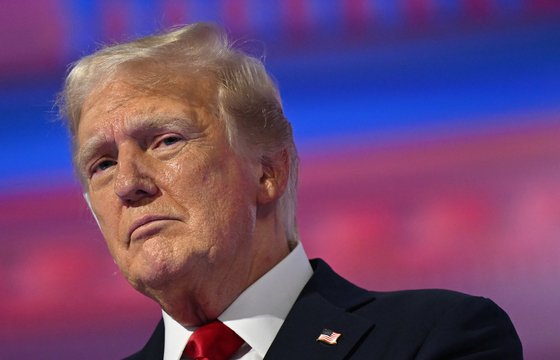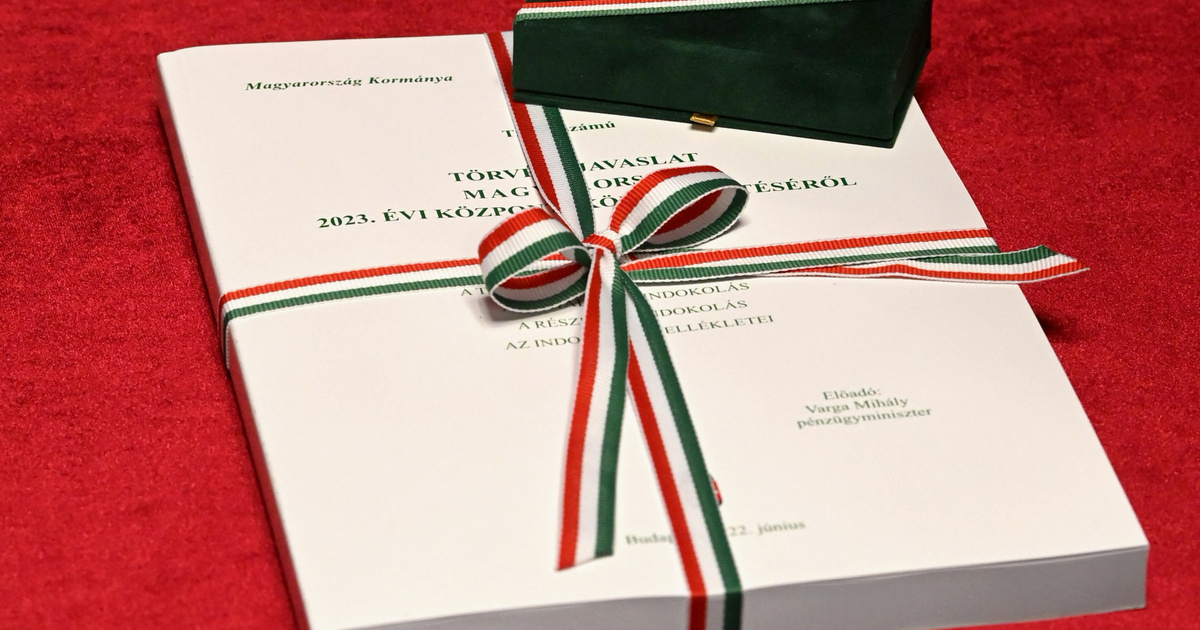The Ministry of Agriculture announced a new decree that will be published on Wednesday evening In the Hungarian newspaperThis makes significant changes in protecting bee colonies and treating bee diseases.
The new decree is the previous one, No. 70/2003. (VI. 27.) The Decree amends the FVM, and contains several important measures aimed at protecting bees and preserving bee health.
These include a tightening of the notification duty for beekeeping, as well as a requirement for regular health inspections of bee colonies.
According to the decree, newly started beekeeping (beekeeping) must be reported within eight days from the start of the activity to the local government responsible for the place where the bees are kept, to the clerk of the district government in the capital, who registers the beekeeper.
If the permanent place of beekeeping is not in an area associated with the beekeeper’s residence (yard, garden, etc.), the beekeeper is obliged to display his name, breeding code and beekeeper’s phone number clearly and visually on a sign no less than 40 x 30 cm in size in the place where the beekeeper is kept. Bees. This measure improves traceability and facilitates a faster response in the event of potential diseases.
Earlier, Vice President of the National Bank of Hungary, Csaba Kandraksz, spoke about the importance of protecting biodiversity, with the Central Bank at the forefront and the world learning from us. The Vice President of the Central Bank previously stressed the protection of bees, as there could be serious consequences if their numbers decrease. In addition, he also mentioned that we are in the sixth wave of extinction.
They monitor every movement of the bees
Annual health monitoring of bee colonies is carried out every year between 15 July and 15 October, organized by the district offices and carried out by official veterinarians and the person responsible for bee health.
A brief report on the investigation and its results is prepared. The county government office compares the test results with the data in the Educational Information System and, if there are discrepancies, adjusts them.
Another important change is that bees may only be transported with a health certificate, which must be inspected by the person responsible for bee health. A health certificate can only be issued if a positive test result is obtained.
A fee must be paid for the examination, the exact amount of which is not disclosed in the regulations.
This measure prevents the spread of the disease among bees. The decree also includes strict measures in the event that bees become infected with diseases, including killing infected bee colonies and compensating the state if the disease is discovered.
“In a place subject to a local lockdown, honey, spleen and wax from sick or suspected bee colonies may be delivered to a user controlled by the district government office after the disease has stopped – with the permission of the district office – who may use the delivered product only for industrial purposes” – it is written in Decree.
After the bee disease is diagnosed, the district office orders village closure of the area bounded by a radius of at least five kilometers around the affected apiary placed under local lockdown.
The Regional Office sends the GPS coordinates of the affected apiary subject to local closure and the decision to order local closure to Nabih, who maintains a record of the area under closure available on its website, which is published on the electronic interface in the form of a map.
The implementation of the new decree serves the long-term interests of beekeeping and honey production, an important part of agriculture in Hungary. At the same time, the sector faces many challenges, most notably the spread of cheap and often counterfeit Chinese honey in the markets. It is not surprising that Hungarian honey exporters are not satisfied, as they openly admitted this to our newspaper.
Under the new decree, if a beekeeper does not wish to continue beekeeping, he must notify the local government responsible for the place of beekeeping, in the capital, to the district municipal clerk, who will remove the beekeeper from the register within eight days at the latest.











































